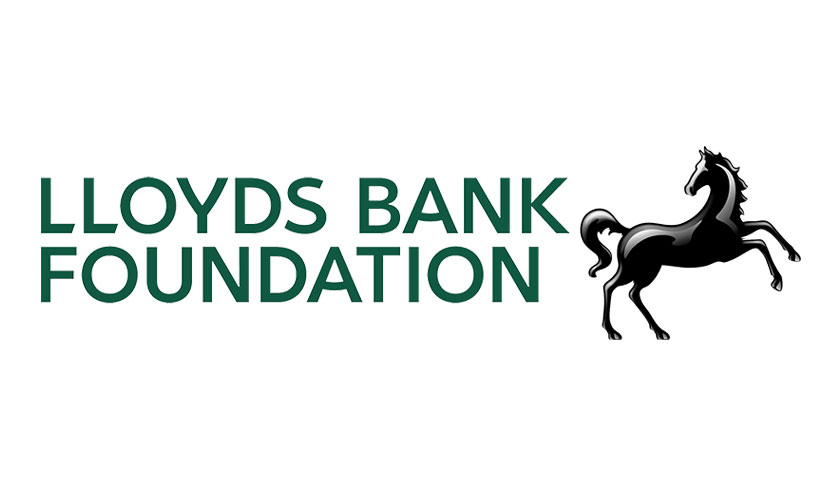Lloyds Bank Foundation for England and Wales has awarded £2,503,293 in new funding for up to three years to 17 specialist charities and partnerships to help them make a positive impact on policy and practice in the criminal justice system.
The Foundation – an independent charitable trust funded by Lloyds Banking Group – partners with small and local charities who help people overcome complex social issues. Through long-term funding, developmental support and influencing policy and practice, the Foundation helps charities make life-changing impact. This new funding is in addition to investments of £5,895,139 made to criminal justice charities since 2015 to help support their frontline services.
The criminal justice system is currently under extreme pressure, facing staff shortages, dangerous levels of overcrowding, with assaults and self-harm at record levels, the part-privatisation of probation having comprehensively failed and high rates of reoffending.
Lloyds Bank Foundation Chief Executive Paul Streets said: “The criminal justice system is facing huge challenge. Small specialist charities have had huge success in tackling reoffending, helping people turn lives around and preventing people from falling into a cycle of crime. Yet, despite their expertise and track record, charities are still not properly involved in how prisons and the probation service are funded and organised. At the start of this new Government and Parliament there is a clear need and chance to make changes to reform and improve the system.”
The Foundation’s programme is supporting the voluntary sector to gather evidence, speak up and use their expertise and understanding to help influence policy and practice across probation, prisons and the wider criminal justice system. Charities funded through the programme are seeking to:
- make the case for better alternatives to prison, by intervening earlier to prevent crime and reduce the number of people going to prison;
- improve how groups disproportionately affected by the criminal justice system are treated, such as BAME prisoners, young people and women;
- Improve how the prison and probation service work, in particular by ensuring that specialist and small charities are properly involved and funded.
Charities awarded funding will seek to affect change at a local, regional, or national level within five years.
Maslaha is one of the charities being funded. It will be using a £262,440 grant to challenge unfair and discriminatory treatment many Muslims receive in the prison system. Director and founder of the charity Raheel Mohammed said: “The Lammy Review[vii] revealed a clear disparity in the treatment and outcomes of Muslims and other marginalised groups in prison who face bias and overt discrimination in parts of the justice system. We want to see the system respond meaningfully and be accountable for their experiences. This new funding from Lloyds Bank Foundation will allow us to highlight and challenge entrenched inequalities and discrimination, which in turn will also help people to be rehabilitated.”
Other charities being funded to better protect and support marginalised groups experiencing disproportional outcomes in the current system include Women in Prison, Brighton Women’s Centre, Agenda, The Standing Committee for Youth Justice, The Care Leavers Association, The Traveller Movement, Ipswich and Suffolk Council for Racial Equality (ISCRE) and Zahid Mubarek Trust.
Also being funded are charities Centre for Justice Innovation and CASSPLUS who have been awarded £191,770 to jointly push for more effective early intervention services in the justice system. Centre for Justice Innovation’s Head of Evidence and Data Stephen Whitehead said: “The criminal justice system is missing opportunities to address the root causes of crime before they spiral out of control. Nine out of 10 prisoners have been convicted at least once before being imprisoned and half have been convicted at least 15 times. By finding new ways to intervene as early as the first time that a person is convicted – or even the first time they are arrested – we can address the issues driving their offending before they escalate.”
The charities APPEAL, Centre for Crime and Justice Studies, Criminal Justice Alliance, Revolving Doors and Transform Justice are also being funded to highlight problems in the criminal justice system and make the case for better alternatives to prison through championing effective early intervention, prevention and rehabilitation.
Being funded to support specialist small charities to become stronger, speak up and improve the policy and operating environment are Clinks, Community Chaplaincy Association, M.A.L.S. Merseyside and Thames Valley Partnership.
